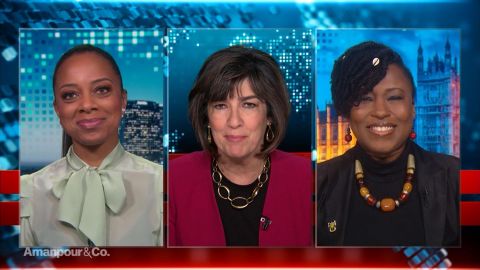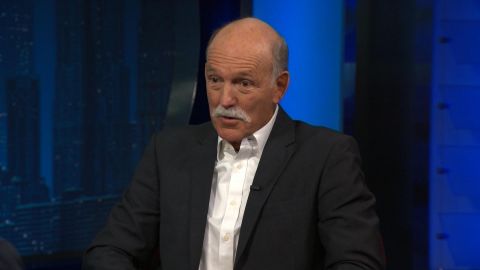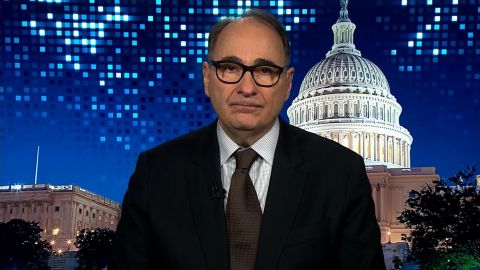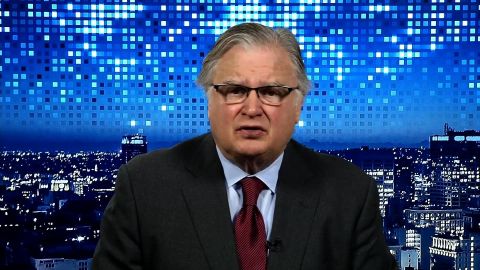Read Transcript EXPAND
CHRISTIANE AMANPOUR: Can I just ask both of you, first of all, Nischelle and then Shola, what do you make when you hear Prince William saying that publicly? And, of course, Joaquin Phoenix using his award and acceptance speech to talk about the same. How much affect does that have? Nischelle first.
NISCHELLE TURNER, HOST, “ENTERTAINMENT TONIGHT”: Well, I automatically go to a conversation that Ava DuVernay and I had not too long ago where she said, it’s not just important to have allies in the fight for racial equality and especially representation in Hollywood as well. It’s important to have accomplices, so people who are going to be with you when you are trying to, I guess, enact the heist, is what she calls it, when you’re really trying to make change and you feel like you need to snatch it. And when you hear people like Prince William and you hear Joaquin Phoenix use their platforms to speak so eloquently about the need for diversity and inclusion and saying, we have failed in so many ways, we have to do better. I think it does go a long way. I mean, we’re having honest and raw conversations right now that really scare a lot of people. But when you see people who, you know, you respect who are out in the forefront right now and doing that, then sometimes it makes the pathway a little easier to have these conversations.
AMANPOUR: So, Shola, you saw, you watched the BAFTAs, and as we’ve been sort of saying, it’s kind of a prelude to the Oscars. Well, what do you think? Do you think, as Nischelle said, that those statements will change minds or is there more that needs to be done?
SHOLA MOS SHOGBAMIMU, LAWYER AND POLITICAL ACTIVIST: I agree with Nischelle’s statement that it’s absolutely important to have allies. But the important thing here to note is I actually do not think it’s going to make a real difference. The reason for this is because this is not the first time we’ve had this, right. We’re going to have it again in the very near future. Diversity, we have to be cautiously intentional about diversity and I see no conscience intention amongst those who have the power to bring about change. If you actually speak to black people and ethnic minorities, not just in the film industry, but in different industries who have achieved some form of success, they will tell you that they’ve had to work five times as hard as their white counterparts, not because their work isn’t outstanding, but to be visible. Because how can you acknowledge our work if you don’t see us? And if you don’t see us — I mean, you hear some people say, I don’t see color. But if you don’t see color, you don’t see me. If you don’t see me, you don’t see color. And the reason for this is because of indifference. Indifference is a subtle undermining pervasive behavior that is symptomatic of the culture of racism in the U.K. and the U.S.
About This Episode EXPAND
In the aftermath of Monday’s political chaos in Iowa, journalist David Yepsen analyzes what went wrong and Democratic strategist David Axelrod tells Christiane why he thinks the Iowa caucuses are dead as we know them. Reporter Nischelle Turner and British activist Shola Mos-Shogbamimu discuss the state of diversity in Hollywood. Journalist David Zucchino tells Walter about his new book.
LEARN MORE



